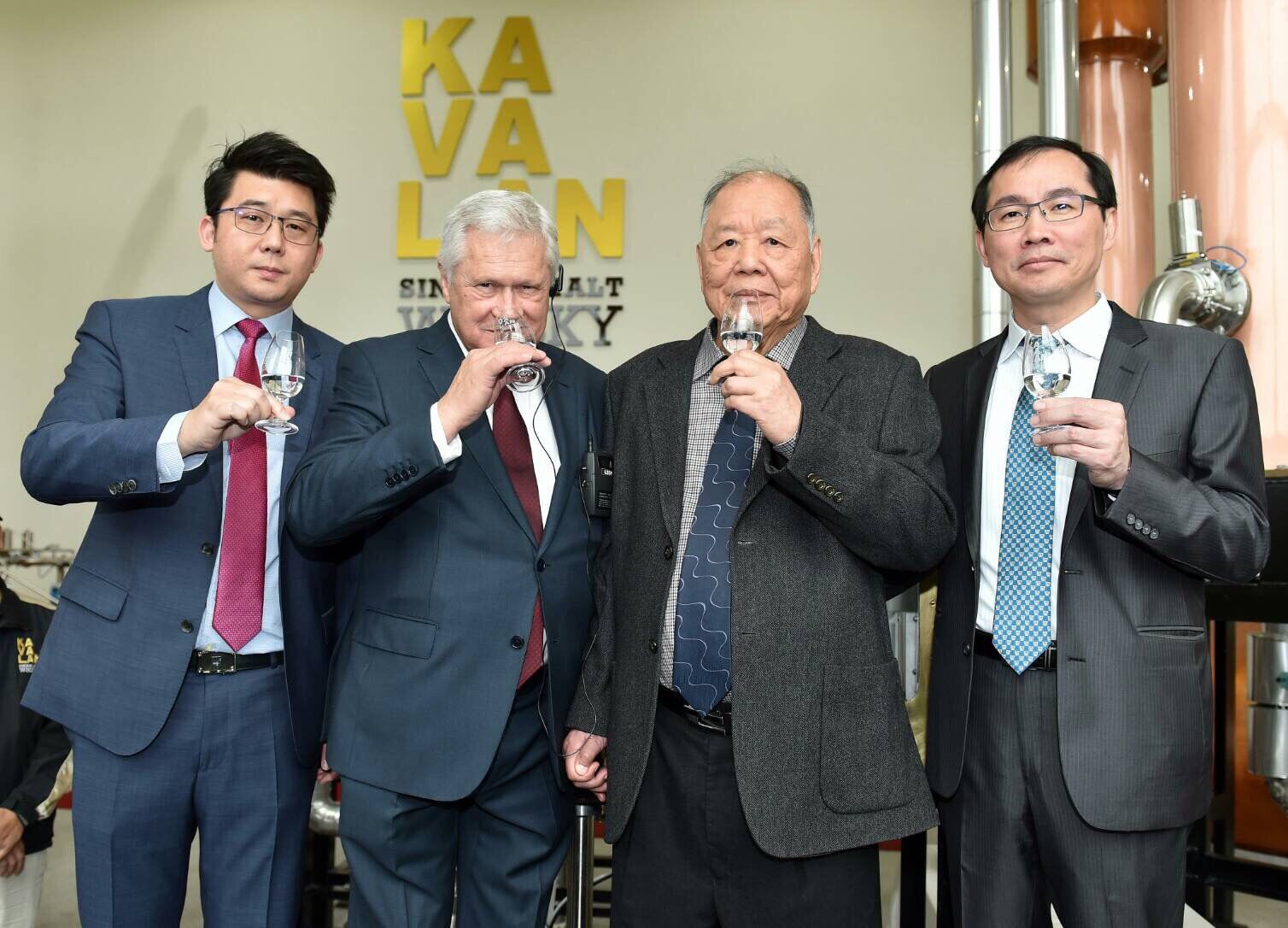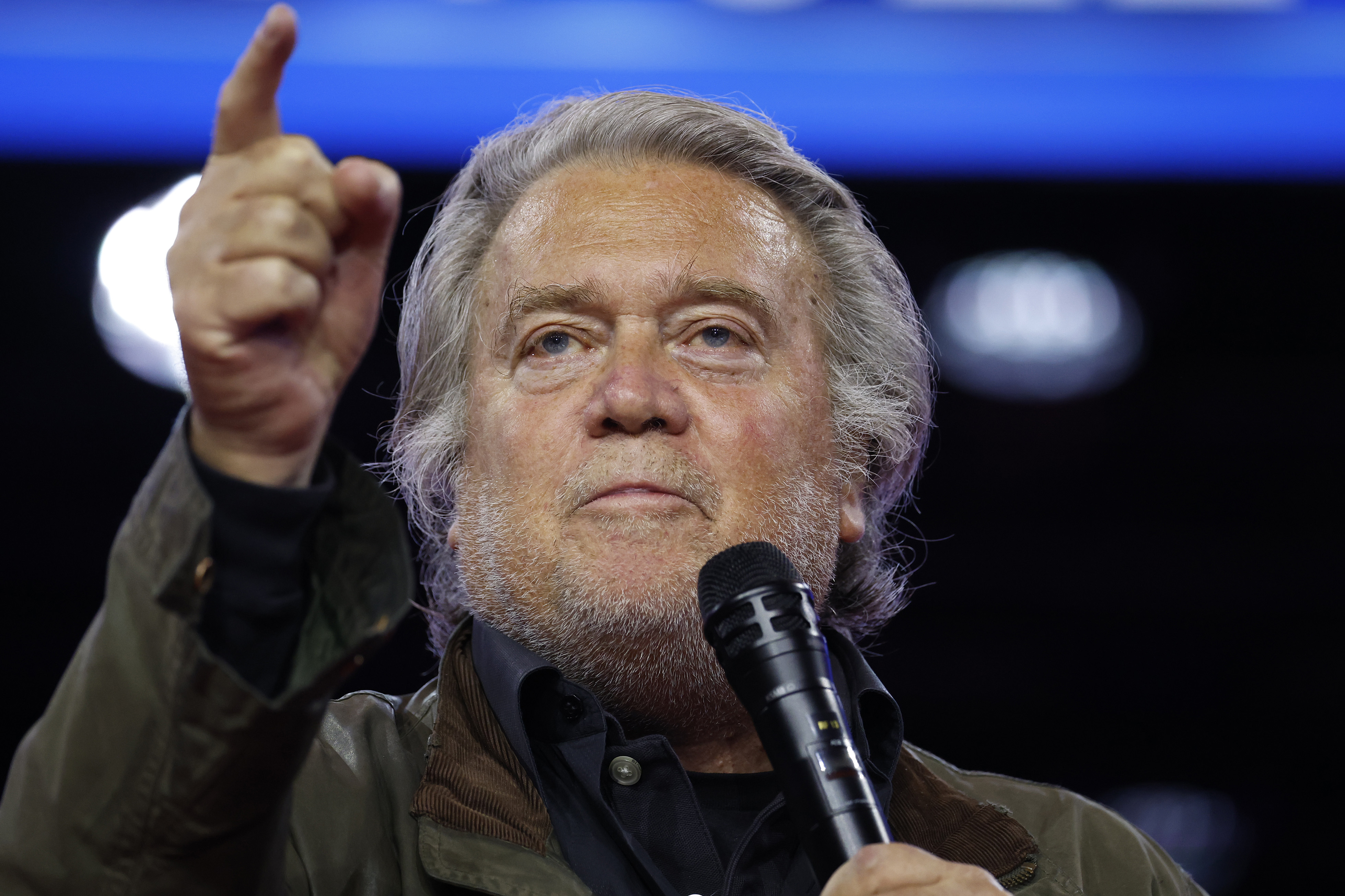
For five decades, Lee Tien-tsai developed his business empire amid the paddy fields, gorges and mountains of his rural birthplace in northeastern Taiwan.
But for all his success, the laborer's son—who started out selling mosquito-repelling incense as a teenager in the 1950s and went on to become one of the island's richest men—always harbored a final commercial ambition. He wanted to build Taiwan's first distillery so that he could drink his own version of the single malt Scotch he and many other Taiwanese had come to love.
That dream could only come true after 2002, when Taiwan ended the state's monopoly on the liquor business. Lee and Yu-ting, his son and business heir, quickly went to work and after four years the debut dram of whisky was drawn from their Kavalan distillery.
Just a decade later, while many Taiwanese were still drinking in the significance of Donald Trump's precedent-setting phone conversation with the island's President Tsai Ing-wen, the Lees were toasting a very different milestone. On December 7, accompanied by a select band of connoisseurs and industry figures, they celebrated the 10th anniversary of production by inaugurating the second distillery in Yilan, their home province. With the newly-installed Scottish copper stills gleaming in the cavernous space, the expansion bumps the production capacity at Kavalan up to 9 million liters a year and leap-frogs the business into the world's top 10 malt whisky makers.
In the unlikely setting of a sub-tropical Asian island, the development of a whisky stronghold in such a short time has required ingenuity, ambition and perseverance. And the opening of the new distillery comes soon after Kavalan has won several notable industry accolades. Most recently, the brand's Solist Amontillado won the "best single cask single malt" at the World Whiskies Awards 2016, while Kavalan was recently recognized as "worldwide whiskey producer of the year" by the International Wine and Spirit Competition. (Whiskey—with an "e"—is the spelling when referring to the broader family of the liquor or to American, Irish and some other national varieties; whisky refers to Scotch—or Scotch-style—which is made mostly from malted barley).
The Lee family owns the King Car Group, a conglomerate whose interests range from shrimp farms to coffee and soft drinks. The unlisted privately-owned business does not discuss its finances, but Forbes estimated Lee's worth this year at $970 million. (The amount the family has invested in its Kavalan ventures is not publicly available.)
On a misty December day, Newsweek attended the inauguration of the second distillery, which sits beneath the Snow Mountains that provide the natural spring water for its drinks. Yilan is Taiwan's rainiest province and the mountain ranges here funnel cool air through the valley in winter months.
But during the summer, temperatures can hit 104 degrees Fahrenheit (40 Celsius) and the humidity is cloying—not the obvious conditions for producing high-end single malts (Kavalan's products are aimed at the premium market).
Yet it is precisely the hot climate that has turned out to be the secret behind Kavalan's rapid advance in an industry where aging and maturation are so venerated.
"We come from a sub-tropical region so it was imperative for us to take advantage of the heat and humidity," says Ian Chang, Kavalan's master blender. "The heat here speeds up the maturation process through extraction of flavors from the cask into the spirit. So we estimate that one year in the cask in Taiwan is equivalent to four or five years in cooler climates."
Kavalan also needs to turn out its whiskies much more rapidly than traditional distilleries for a very practical reason—it's a race against time. The so-called angel's share—the loss to evaporation during aging in oak barrels—can run as high as 15 percent at Kavalan, while it is just 2 percent in countries with low humidity. So if the distillery left its whisky to age for too long in the barrel, there would be none left.
Chang is deploying the knowledge he gained from his food sciences studies at Reading University in England and then at the Institute of Brewing and Distilling in London. He has also learned from a master, Jim Swan, the behind-the-scenes star of the Kavalan story.
The Lees had the financial means to plunge into the market when the state liquor monopoly was ended in 2002 with Taiwan's entry into the World Trade Organization. They turned to Forsyths, a 125-year-old Scottish family business, to supply the stills and oversee the construction of an impressive state-of-the-art facility. But they also needed expertise in production. And they found it in Swan, a well-known Scottish whisky consultant with a doctorate in chemistry and an interest in tackling the challenges of making whisky in warmer climes where the end products, he noted, have often been viewed as "flat" and "dull" in taste.
"There were big operational issues, but I had some theories on how to modify the production methods for the heat," he says. "The theories worked, we had some luck and Kavalan took off."
Industry experts say that Swan is being modest when he ascribes even some of Kavalan's success to luck. "Jim is simply one of the best in the business," says Bernhard Schäfer, a spirits educator and awards judge.
Swan has returned regularly to Taiwan to oversee Kavalan's meteoric rise. "Before Kavalan, a decade was just a brief moment in the history of the whiskey industry, which had by tradition, been a conservative world," says Ewan Lacey, IWSC managing director.
Swan laughs off suggestions that it is an affront to the traditions of his homeland for an Asian upstart to be laying claim to accolades for the world's best single malts.
In fact, Scotland can rightly share some of the credit. As well as the know-how of Swan and the stills of Forsyth, Kavalan's malted barley is also imported from there. But the brand's success also owes much to its home turf—where there's the spring water, the micro-climate and also the deep-pockets and entrepreneurial zeal of the Lees.
"It was an idea inspired by the family and executed by some of the finest whiskey brains in the world," said Damian Riley-Smith of the World Whiskies Awards.
Born in Yilan in the era of Japanese colonial rule, Lee Tien-tsai grew up in poverty during World War II and the subsequent retreat of Chiang Kai-shek's Kuomintang forces from the mainland after the Communist victory in 1949.
He started his first business selling pesticides and mosquito coils as a teenager in the 1954, aged 18, and from there he built the family's King Car conglomerate.
They already bottled water and grew coffee and tea at the Kavalan site. But the whisky enthusiast never lost his dream of opening a distillery there. "We had the confidence and the ambition," he says. "We have always been a very ambitious and determined family and company."
His son Yu-ting, the chief executive, adds: "When we began, others may have been skeptical, but we never doubted that we could do this."
Kavalan has collected more than 210 gold awards in competitions in recent years. Of the Solist Amontillado that won best single cask single malt at the WWA this year, judges praised the "hints of raisin and coconut," a "burst of sweet fresh fruit—guava and melon," followed by a "Christmas pine hit, the fruit now acting as flamboyant outriders, the caramels rushing in to fill the gap." They concluded: "The finish is long and dry and punches into the throat."
To mark its 10th anniversary of production and inauguration of the second distillery, Kavalan also unveiled a new rum-cask aged whisky in time for Christmas. "Delicate rum, with notes of guava, pineapple and chocolate-covered almonds," says Ingvar Ronde, editor of the Malt Whisky Yearbook, who was present at the tasting.
Kavalan is now looking to turn its praise from the cognoscenti into a global following. The EU currently represents its biggest market, with 40 percent of its sales, followed by America with 27 percent. Asked where he sees the company in another 10 years, Chang echoes the confidence of his bosses. "We want to be another Johnnie Walker or Diageo," he says, citing two behemoths of the spirits business. "We believe we're on the right track."
Uncommon Knowledge
Newsweek is committed to challenging conventional wisdom and finding connections in the search for common ground.
Newsweek is committed to challenging conventional wisdom and finding connections in the search for common ground.
About the writer
To read how Newsweek uses AI as a newsroom tool, Click here.





